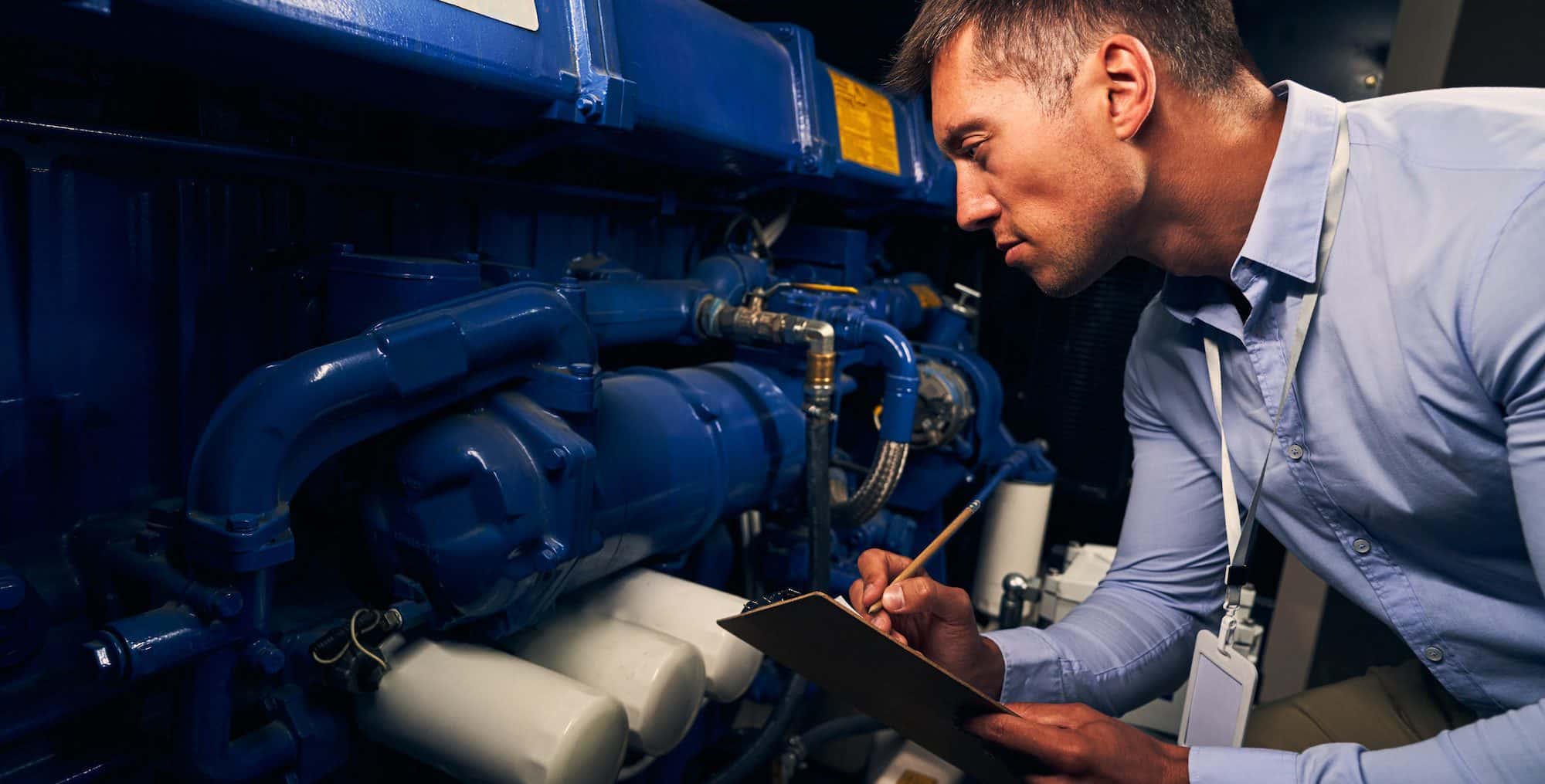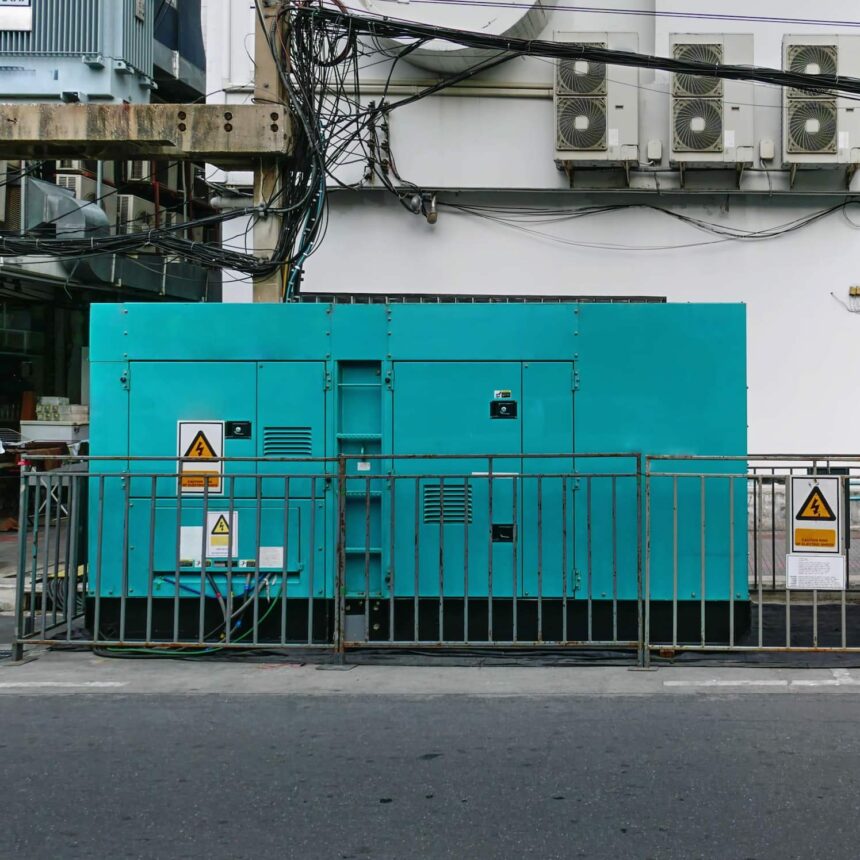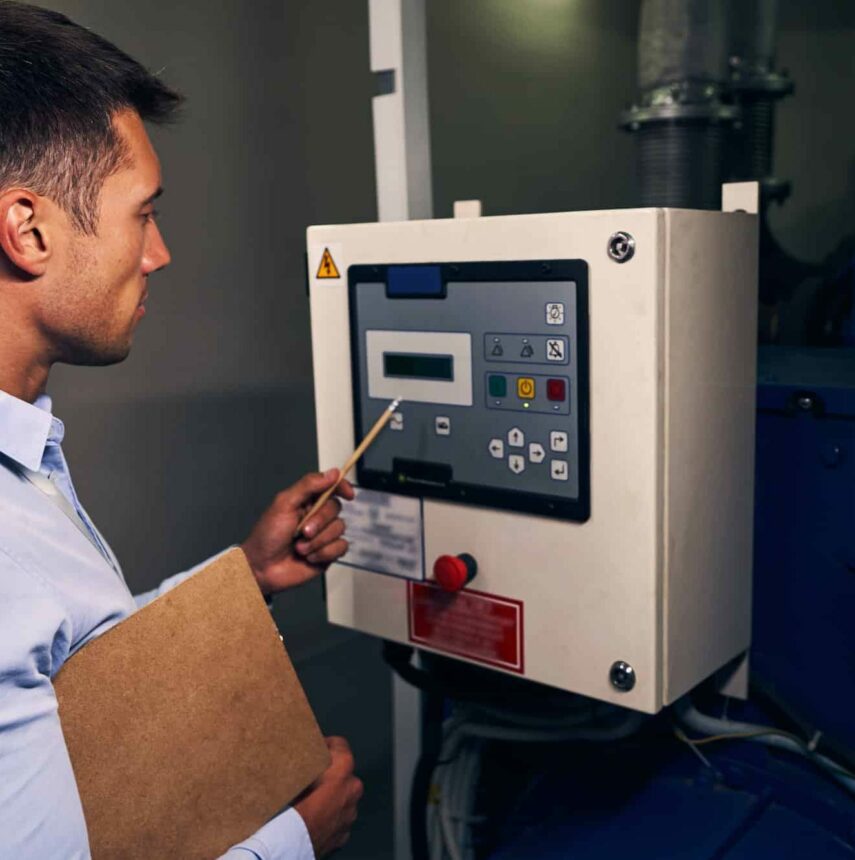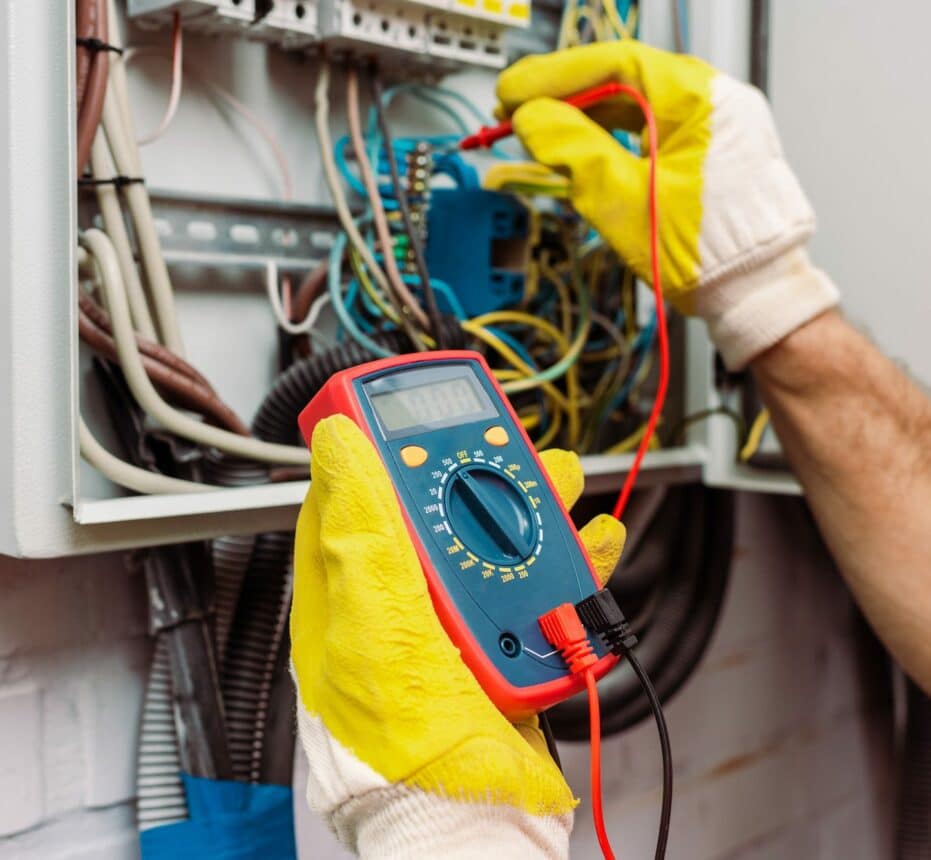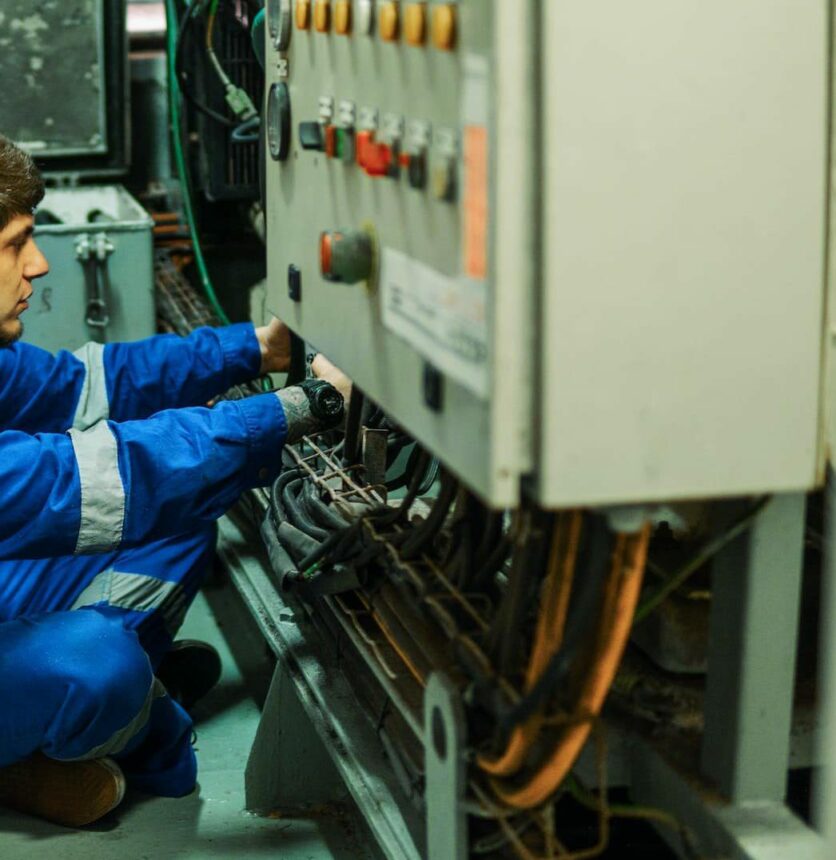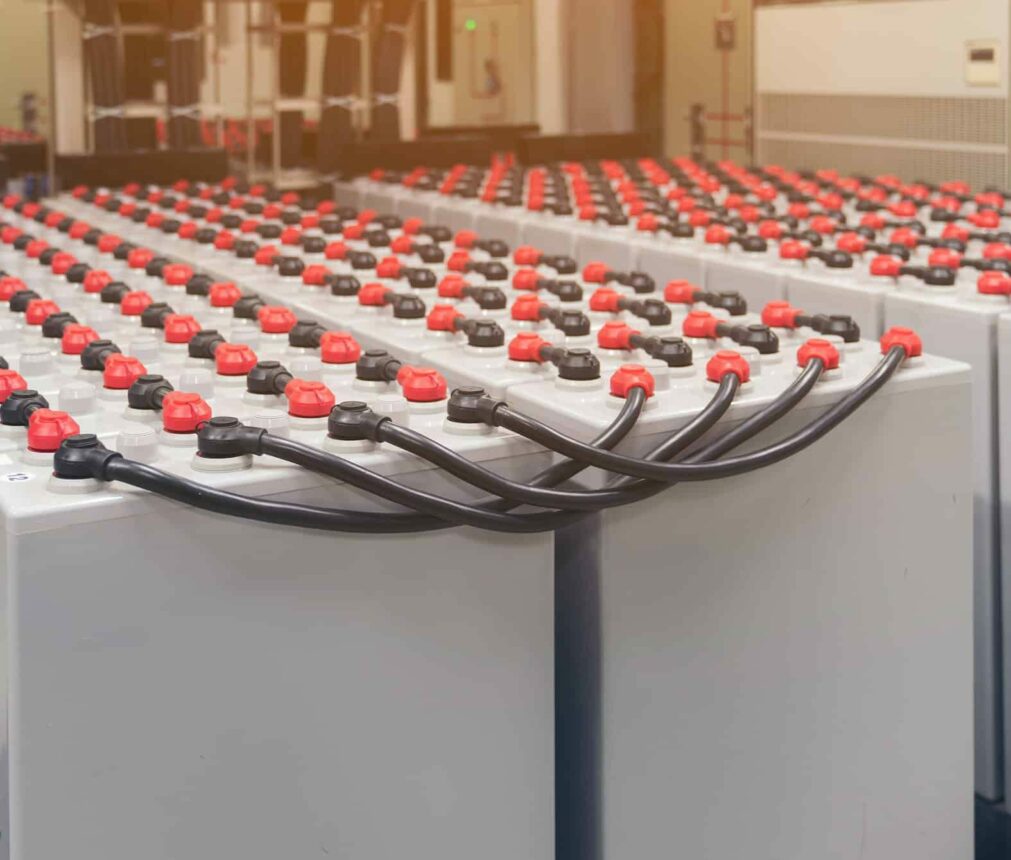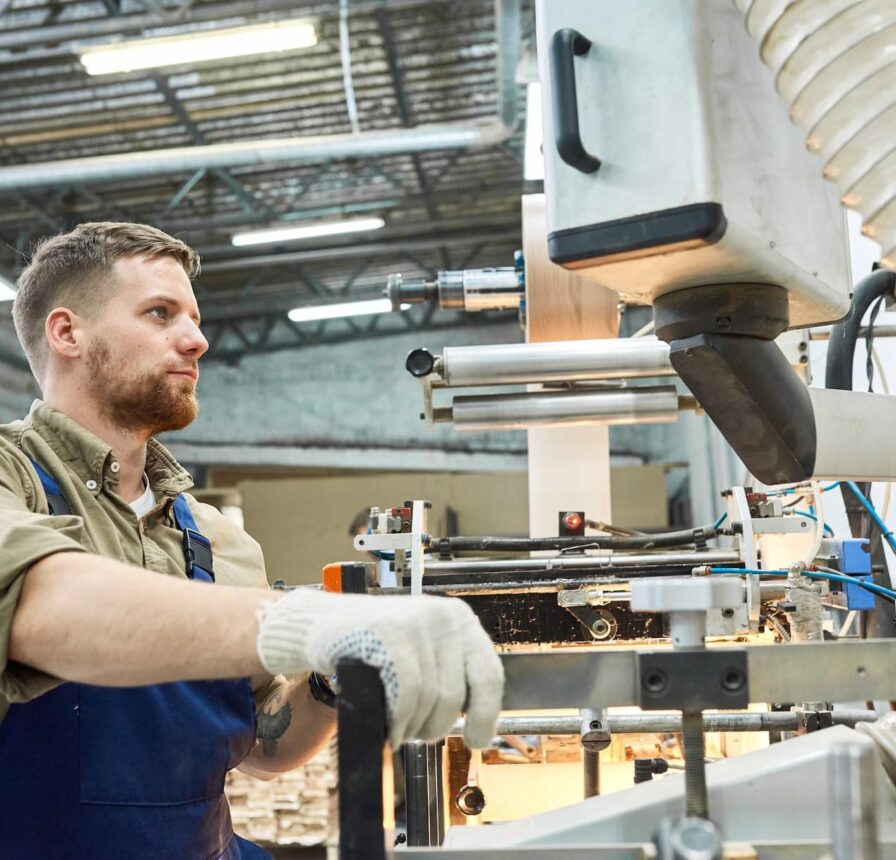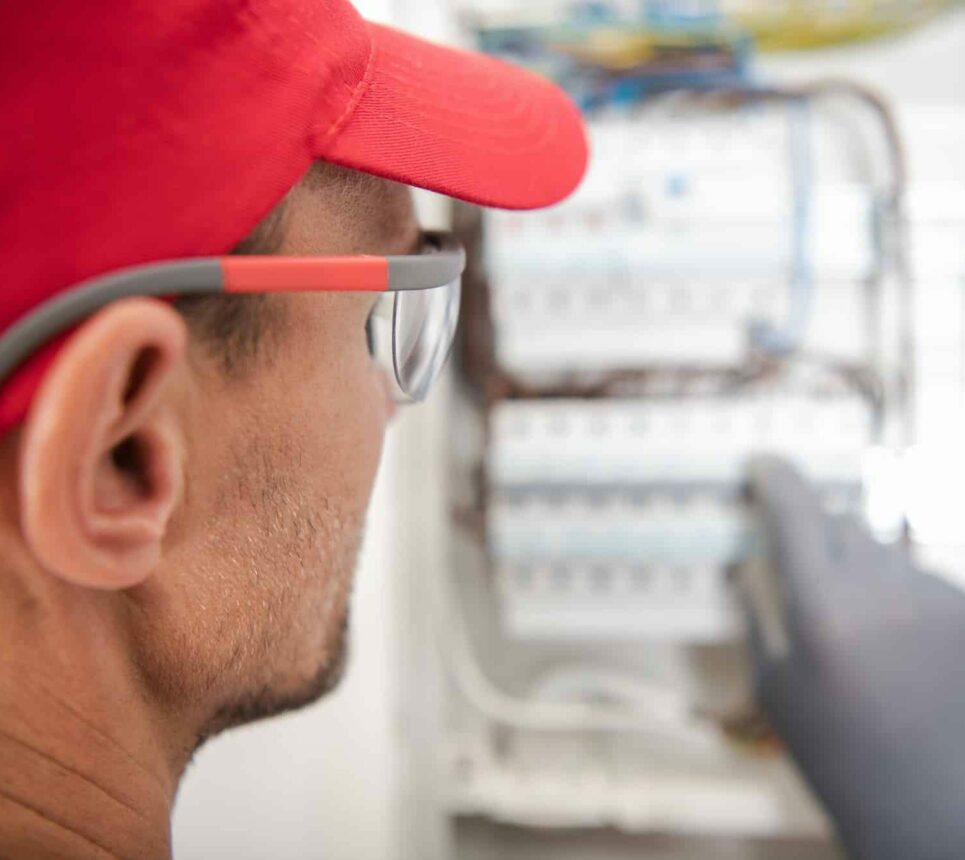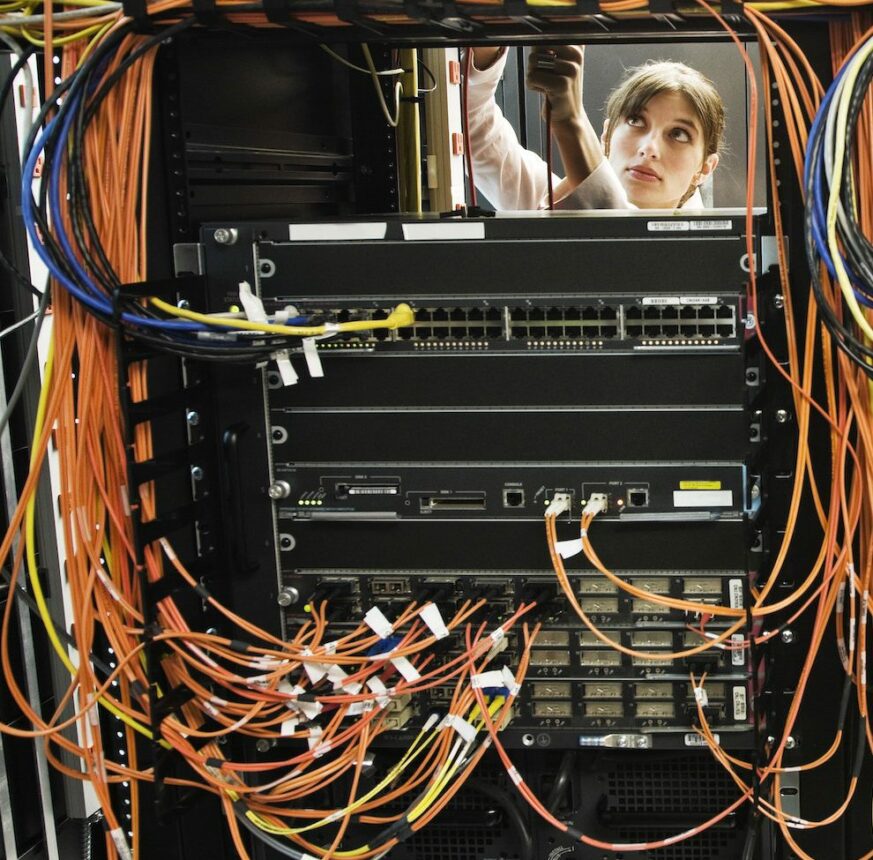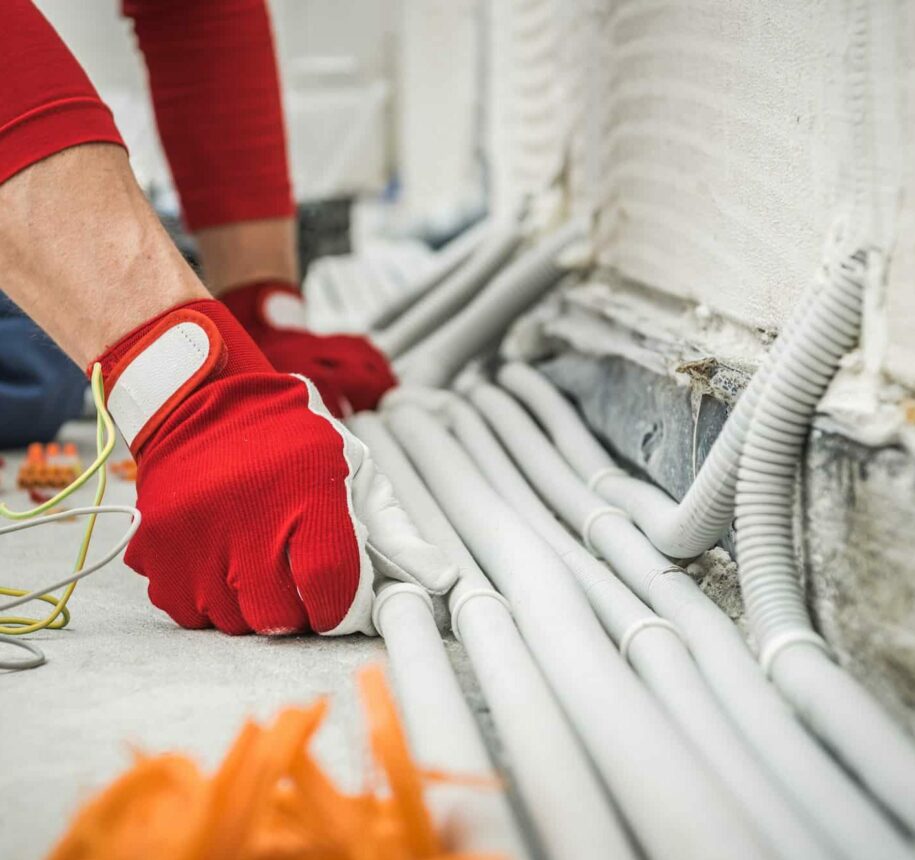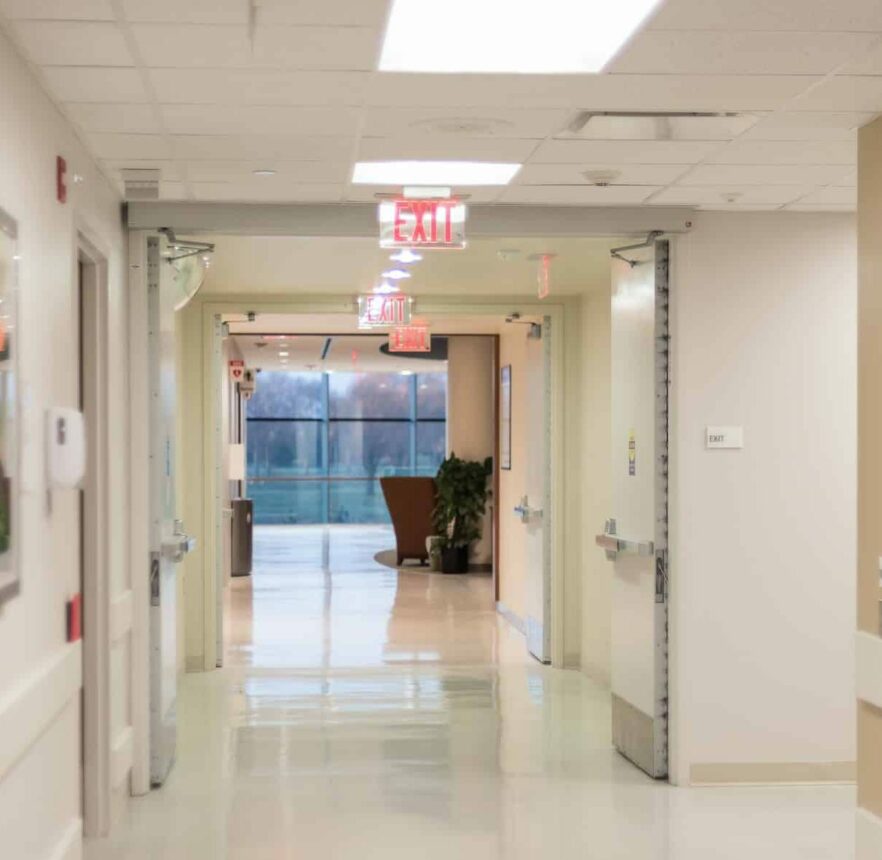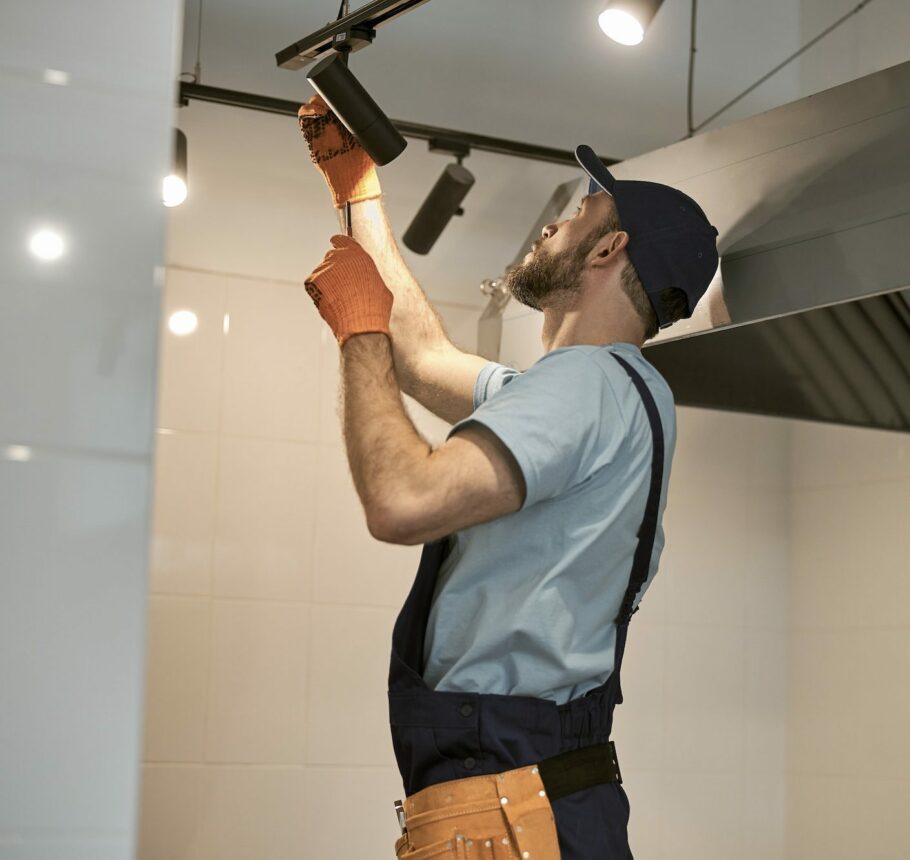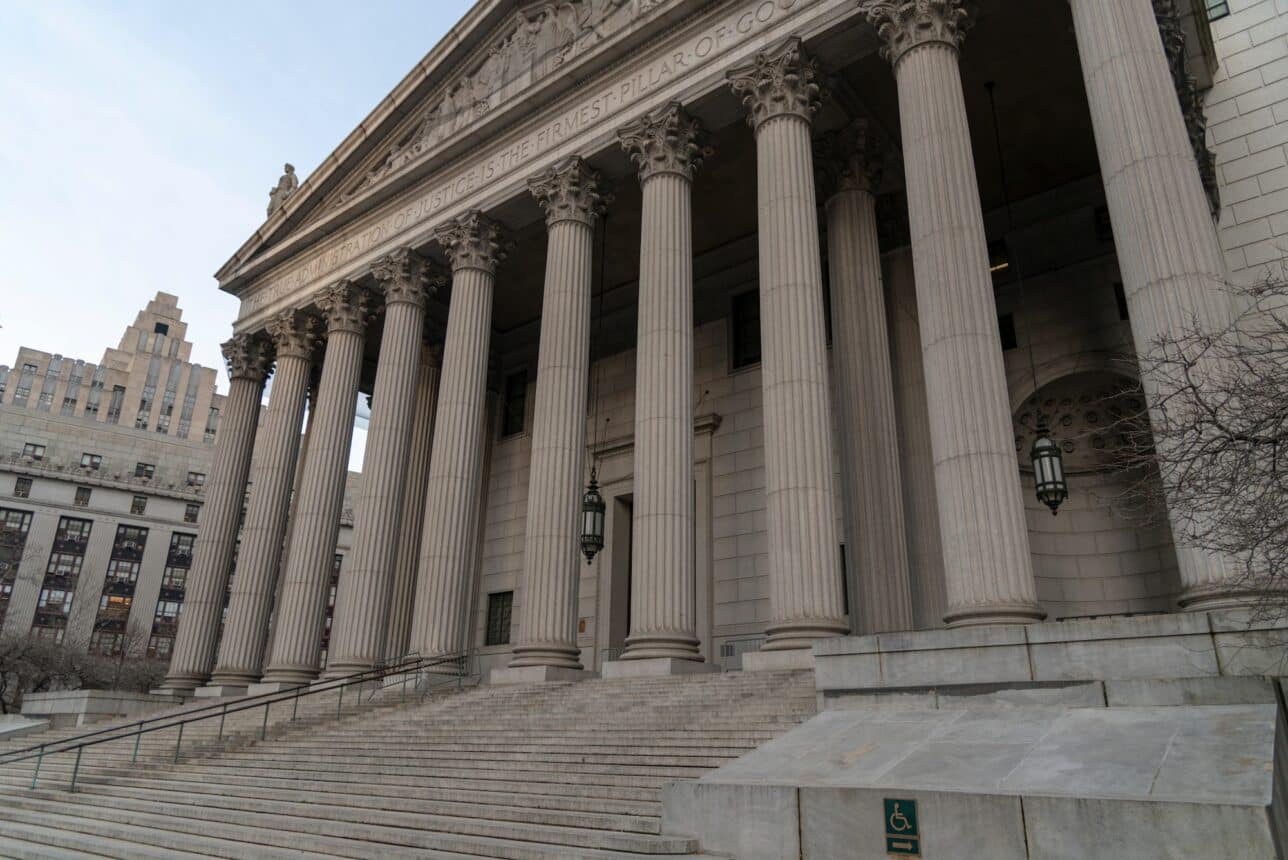Fuel Source
Most generators will use either natural gas or diesel as their fuel source. Both options are equally effective at producing power, but each has unique properties that might make it the more suitable choice for your situation.
Natural Gas
Pros:
- Natural gas is one of the cleanest-burning fossil fuels, with significantly lower CO2 emissions than diesel.
- Many buildings already have gas pipelines, making it simple to hook up a generator to your current supply.
- Natural gas produces more energy per gram when burned than diesel, making it cheaper in the long run.
- Burning natural gas does not produce soot, heavy metals, or strong smells.
Cons:
- Natural gas generators are more expensive to buy and install.
- Storing gas on-site can be dangerous, as it’s highly flammable and requires safe storage.
Diesel
Pros:
- Diesel generators have low maintenance requirements.
- Diesel isn’t as flammable as other fuels, making it relatively safe for on-site storage.
- Diesel generators are relatively small, making them ideal for buildings with limited space.
Cons:
- Diesel generators are extremely noisy.
- Diesel generators emit hazardous fumes.
- Winterization is essential to keep a diesel generator running in a cold climate.
Location
A primary consideration during a commercial generator installation is installing it inside or outside. Placing a generator inside allows for easier maintenance access and less work to connect it to existing wiring.
However, you’ll need to install a dedicated ventilation system and find a large enough space to accommodate the generator while remaining within building regulations and safety codes.
Space usually isn’t an issue with outdoor generators, but they tend to be slightly more expensive due to their weatherproof casing. Outdoor generators often require more maintenance and may not comply with local noise ordinances.
Airflow
Running generators create extensive heat amounts and potentially hazardous emissions. Heat accumulation might trigger an automated shutdown sequence, leaving the building without power until the unit cools down sufficiently. Toxic emissions can also be a health concern for your employees who work near the generator.
Indoor ventilation typically consists of an intake, multiple outlets, and a fan to circulate air in and around the unit. All vents must be completely airtight to prevent carbon monoxide and other gasses from leaking out of the unit and accumulating in the building. The air intake must also be large enough to provide sufficient air movement to cool the unit effectively.
Airflow also plays a critical role in outdoor generators. It’s still essential to vent fumes away from the unit while providing adequate airflow for cooling. This can be especially tricky during hot summer months, and you may need to consider remote cooling solutions to prevent overheating.
Security
Protecting your outdoor generator from vandalism while making it accessible for routine maintenance can be challenging. Many buildings install generators on rooftops or in secure rooms. If you need to install your generator outside on the ground floor, consider adding a layer of access control, such as a fence or gate, to keep intruders away.
Wind and Severe Weather
An outdoor generator is vulnerable to severe weather conditions – hot or cold. The good news is that most manufacturers produce specialized casings for outdoor generators that are tested extensively before selling the unit.
The bad news is winds, and severe storms often produce large amounts of debris, which can block air intakes or vents. This could lead to overheating and engine damage. It’s vital to conduct regular inspections, especially during inclement weather.
Municipal Coding
Both indoor and outdoor generator systems must comply with local building codes, including fire safety and emissions regulations. Working with a professional generator installation service, like Suncoast Power, will ensure your new installation meets all federal, state, and local regulations.
Sound Barriers
Generators are extremely loud and may interfere with employee productivity. Many generator manufacturers produce sound-reducing enclosures that can reduce the impact of noise on the occupants within your building. If your commercial generator is in a location that is disruptive to employees, it may be wise to have a sound barrier installed with your generator.
Do You Need an Automatic Transfer Switch?
An automatic transfer switch constantly monitors your power supply. When it detects a power outage, it automatically starts the generator within 60 seconds or less. After it detects a restart in the power supply from the grid, it will automatically turn the generator off.
While not strictly necessary, an automatic transfer switch can increase your generator’s efficiency and lifespan while removing the hassle of manually turning on the generator every time the power cuts out. As these switches also turn the generator off, you don’t waste fuel running your power supply and don’t require someone on the premises to switch the generator on and off when needed.
If you use an automatic transfer switch on a diesel generator, you’ll still need to ensure you have enough fuel in the tank to run it, which means regular refueling trips to keep your generator functioning.
Automatic transfer switches work best with natural gas generators connected to your gas supply. Since fueling and turning the generator on and off are both automated, this is the most convenient “set it and forget it” solution, but it’s also one of the more expensive options.
